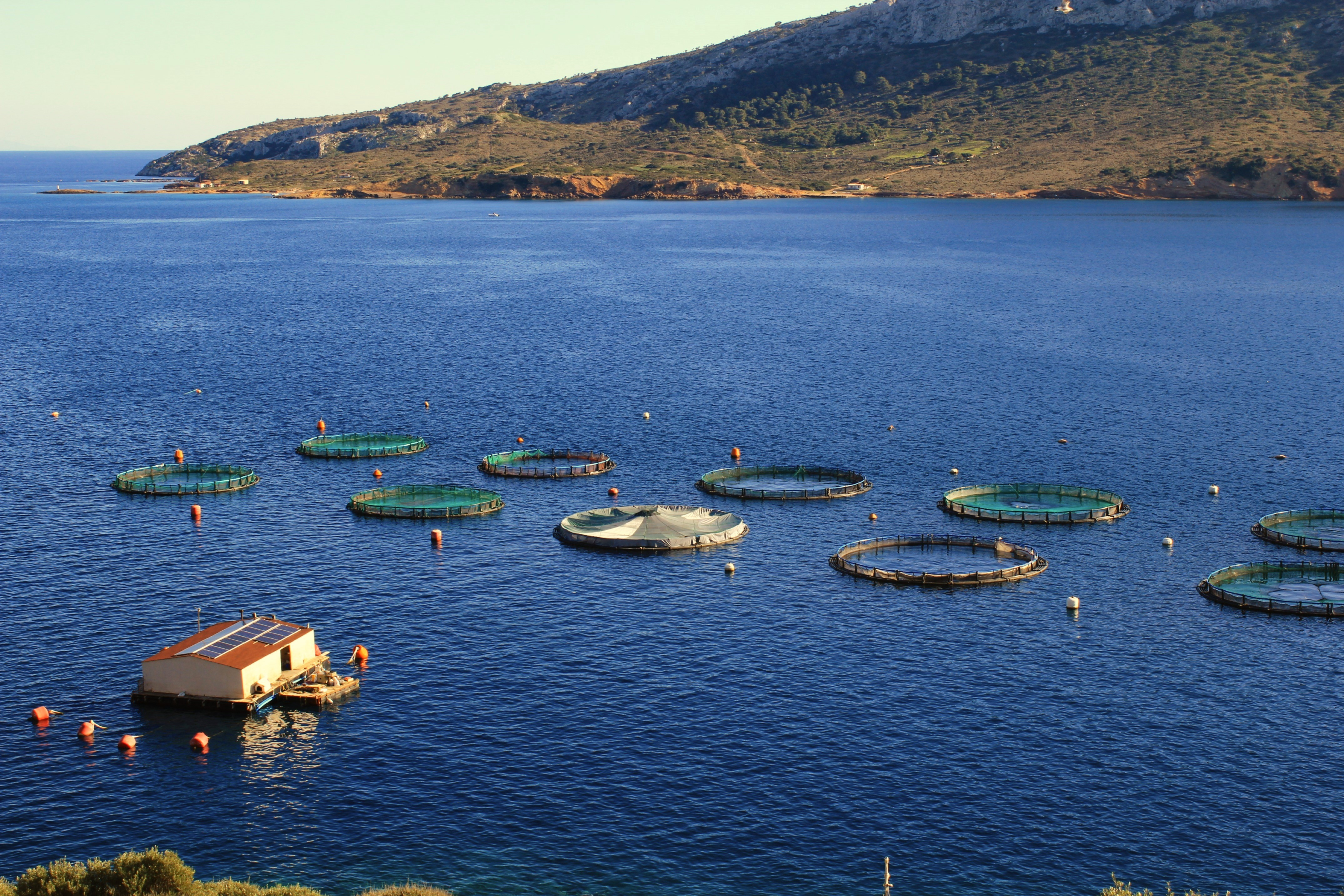How to make sustainability reports in compliance with General Rule No. 461
For the market to function effectively, it is essential that economic agents have clear, objective and non-discriminatory rules. In this scenario, complying with the standard is not a simple task and requires that the information disclosed by the different bodies be consistent and aligned with the same objectives.










